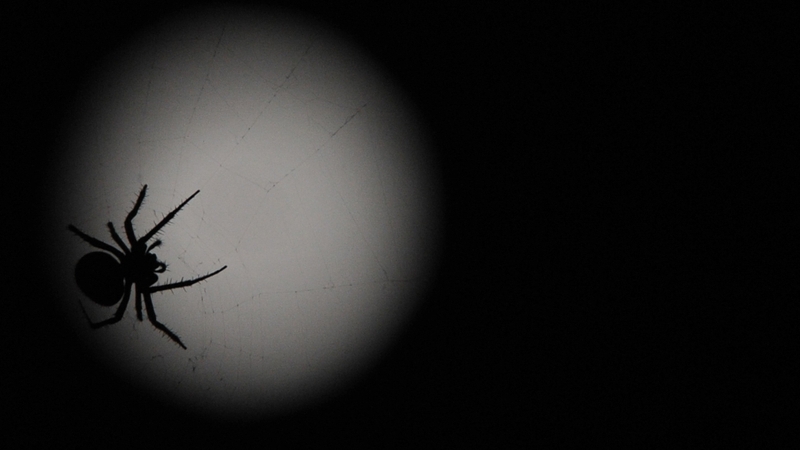The team at NUI Galway has discovered that the venom of some of the 400 species of spider found in Ireland could have useful medicinal properties.
The researchers at the School of Natural Sciences found that a variety of spider found in caves in County Mayo can be useful in killing bacteria like E Coli, for example.
Dr. Michael Dugon and his colleagues have also found that human cells and breast cancer cells react very differently when exposed to venom from the common false black widow spider.
"It doesn't have the same potency on cancer cells as it does on human cells," Dr. Dugon said. "So of course we want to know more about that and we want to see if we can use that potential to develop maybe a new cancer therapeutic."
The researchers at the venom lab are also exploring the potential uses of the venom from a whole range of other creatures, from scorpions to giant centipedes, from newts to jellyfish.

They are also analysing the possible therapeutic properties of the glue in barnacles, sea sponges and the ink in octopuses.
"There are many other animals that can be used," said Dr. Anne-Marie Power from the School of Natural Sciences at the Ryan Institute in NUI Galway.
"New horizons are opening up. The deep sea is one area we are looking at the area of bioactivity and mapping the bioactivity of the deep."
In order to carry out their work, the scientists must carefully extract the tiny amounts of venom that the spiders and other creatures have.
They then go to the microscopy laboratory, where they add venom to blood to see what happens to the molecules.
No comments:
Post a Comment